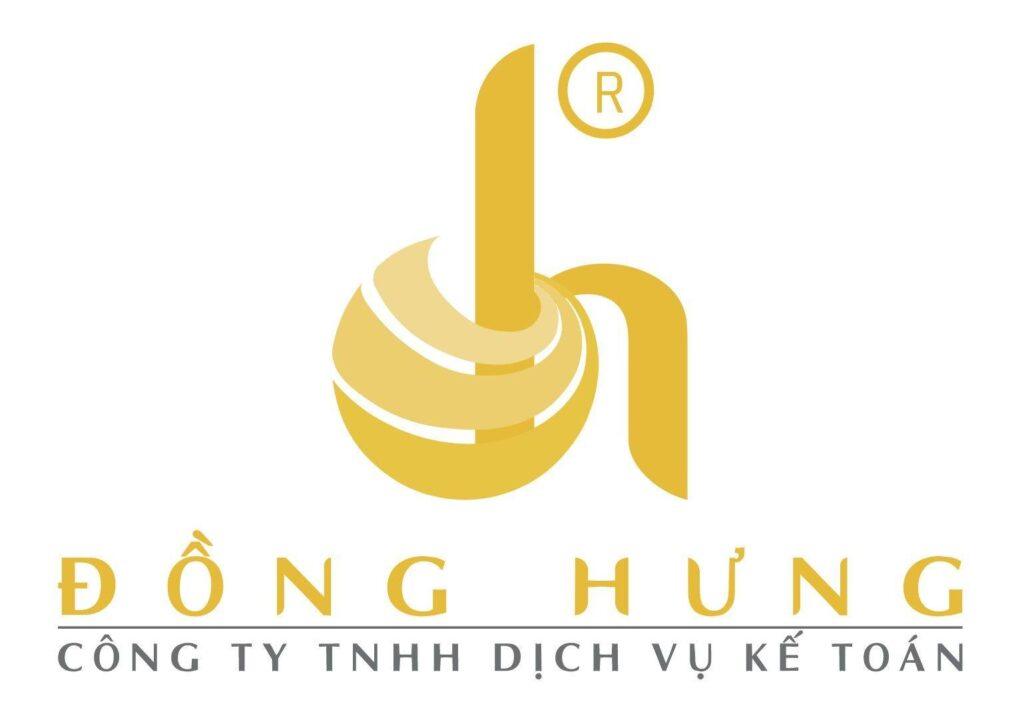Beginning its business in Vietnam in 2006, Jun Chow, a Taiwanese company that makes Oolong tea for export, reported the total loss of VND23.903 billion after four years of operation, much higher than the investment capital of VND6.3 billion.
The other 17 tea businesses in Lam Dong province have also been named by the provincial taxation body as the enterprises with huge and abnormal losses.
Taiwan Tea Company, which has the registered investment capital of VND10.42 billion, had reported the loss of VND17.7 billion by 2009. Kinh Lo Tea Company, which has the initial capital of VND26.9 billion, incurred the loss of VND56.8 billion after four years of operation, King Wan Chen with VND29 billion in investment capital incurred the loss of VND38.3 billion.
Reasoning the loss, the Taiwanese tea enterprises in Lam Dong only paid VND272 million in the corporate income tax for five years. Meanwhile, the state owned tea processing enterprises in the locality paid VND13.2 billion in tax and private enterprises paid VND21 billion.
Under the current regulations, exports enjoy the preferential VAT rate of zero percent and tax refund.
Domestic state owned and private enterprises got VND5 billion in tax refund. Meanwhile, Taiwanese enterprises got VND21.6 billion in tax refund. Meanwhile, domestic state owned and private enterprises got VND5 billion in tax refund. They also enjoyed a lot of investment incentives, including the land tax exemption.
Taxation officials said in principle, the businesses which incur such huge losses will not be able to exist. Meanwhile, the enterprises still can live well.
Where did the enterprises find capital to maintain their operation? The answer from the enterprises is that they get the financial support from the parent companies.
The Taiwan Tea Company, for example, incurred the loss of VND17 billion, but it could borrow VND28 billion from the holding company. The Kinh Lo Tea Company also borrowed VND27 billion to offset the VND26 billion loss, while King Wan Chen borrowed VND12 billion.
In 2011, the Dak Nong provincial tax body found the surprising business result of Pagoda Company Ltd, a 100 percent Malaysian invested enterprise. It processed groundnuts for export to the holding company in Malaysia – Thong Thye Groundnut Factory Sdn.Bhd.
In 2006, Pagoda came to Vietnam with the investment capital of VND2.3 billion. Five years later, it reported the accumulated loss of VND44.52 billion, which was 18 times higher than the initial investment capital.
However, inspectors have found out that the companies did not incur loss as they reported.
The Taiwanese tea companies, in fact, made profit right in the first year of doing business in Vietnam, in 2005-2006. After the inspection, the enterprises admitted that they did not take the loss of VND311.685 billion as reported, but made a profit of VND1.033 trillion.
The enterprises “fabricated” the figures about the input material import price, export price and relating expenses to make the reported production costs higher than the real costs.
With the reported high production costs and low selling prices, the enterprises reported loss and evaded tax. Meanwhile, the holding companies in Taiwan pocket fat profits.
Pham Huyen

Tin liên quan
📢 BẢN TIN PHÁP LUẬT HÀNG THÁNG – 05.2025
🎯 Cập nhật kịp thời – Hiểu đúng quy định – Hành động đúng pháp luật Kính gửi Quý doanh nghiệp, Để hỗ trợ Quý vị cập nhật nhanh chóng các chính sách pháp luật mới liên quan đến thuế, kế toán, hải quan, lao động và đầu tư, chúng...
Hộ kinh doanh là tổ chức chi trả thu nhập: Kiến nghị áp dụng đúng pháp luật để tránh thất thu ngân sách nhà nước
Hiện nay, việc xác định đối tượng có nghĩa vụ khấu trừ thuế thu nhập cá nhân (TNCN) khi chi trả thu nhập vẫn còn tồn tại nhiều cách hiểu và cách áp dụng chưa thống nhất giữa các văn bản quy phạm pháp luật. Đặc biệt, trường hợp của...
Chia sẻ chính sách thuế với hộ kinh doanh
🌿 Lan tỏa giá trị pháp luật – Vì một cộng đồng Hộ kinh doanh phát triển bền vững 🌿 #ThuevoiHokinhdoanh #Hokinhdoanh Với mong muốn đồng hành cùng cộng đồng Hộ kinh doanh trong việc hiểu đúng và tuân thủ đúng pháp luật, hạn chế rủi ro pháp lý và...
Phân tích mâu thuẫn giữa Công văn 3061 của Tổng cục Thuế và Điều 4 Thông tư 96/2015/TT-BTC về chi phí trích lập dự phòng
Trong phạm vi bài chia sẻ này, chúng tôi xin bỏ qua nguyên tắc “áp dụng văn bản quy phạm pháp luật” theo quy định của Luật Ban hành văn bản quy phạm pháp luật mà chỉ bàn đến những mâu thuẫn ngay trong chính các hướng dẫn của Bộ...
Phân tích mâu thuẫn giữa điểm 2.30 khoản 2 Điều 4 và khoản 1 Điều 4 Thông tư 96/2015/TT-BTC và thực tiễn
Trong phạm vi chia sẻ này, tôi không bàn về giá trị pháp lý của điểm 2.31 khoản 2 Điều 6 Thông tư 78/2014/TT-BTC được sửa đổi, bổ sung tại điểm 2.30 khoản 2 Điều 4 Thông tư 96/2015/TT-BTC xét trên nguyên tắc “áp dụng văn bản có giá trị...